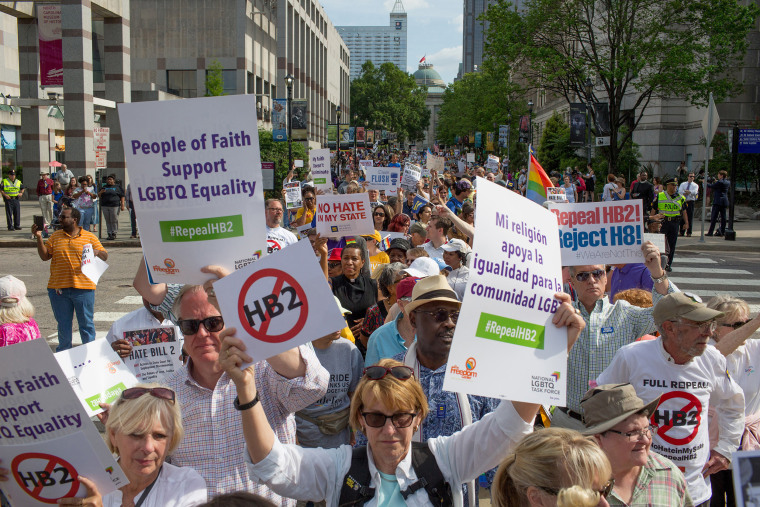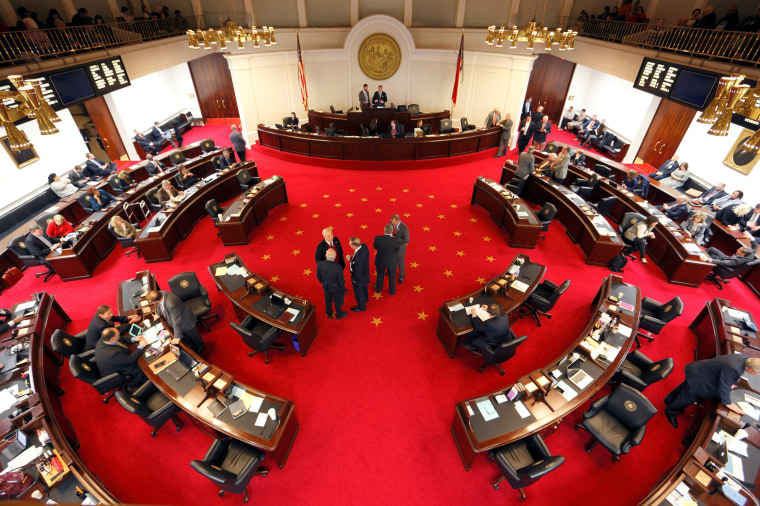N.Y.C. Largest U.S. City to Grant LGBTQ Businesses Access to Minority Contracts
New York City now recognizes LGBTQ-owned companies as minority-owned businesses, making them eligible for billions in city contracts, as well as access to consulting, mentorship, educational programs and other resources.
The new designation, announced Tuesday by New York City’s Department of Small Business Services in partnership with the National LGBT Chamber of Commerce, will fast-track LGBTQ-owned businesses into city certification programs, including the Minority and Women-owned Business Enterprise, or MWBE, Program.
“New York City has a legacy of leadership in promoting inclusivity at every level of public life,” Justin Nelson, the chamber’s president, said in a statement. “LGBT entrepreneurs in New York City will now have the opportunity to create jobs and develop innovations that benefit all who live there.”
New York is the largest city to incorporate LGBTQ businesses in minority contracting and procurement opportunities, but it follows similar efforts by numerous other cities — including Chicago; Baltimore; Los Angeles; Nashville, Tennessee; and Philadelphia — and several states, including California, Massachusetts and Pennsylvania.
Related
After Trump ‘onslaught’: What LGBTQ advocates want from Biden’s first 100 days
The estimated 1.4 million LGBTQ-run companies in the United States generate $1.7 trillion a year in revenue, according to the chamber, larger than the economy of many European countries. The National LGBT Chamber of Commerce, commonly referred to as NGLCC, said its members alone contributed more than $1.15 billion to the economy in 2015.
“These small-business owners drive economic development, create jobs, and build stronger communities, all despite the latent, and often outright hostile discrimination they continue to endure on account of their sexual orientation or gender identity,” according to a statement on the NGLCC website.
In 2015, New York City Mayor Bill de Blasio set a 10-year goal to award $25 billion in city contracts to minority-owned businesses by 2025. LGBTQ-run businesses now have access to those opportunities, but NGLCC Senior Vice President Jonathan Lovitz told NBC News, “This is as much about equality as it is about contracts.”
“Getting certified is about telling our story to America — we have everything from mom-and-mom and pop-and-pop businesses all the way up to multinational corporations,” he said.
In 2019, then-City Councilmember Ritchie Torres introduced a billrequiring the city’s Small Business Services agency to certify queer-owned businesses.
“The LGBT business community is a stimulus to the American economy,” Torres, now a U.S. senator, told reporters at the time. “But even though New York City is reputed to be a bastion of diversity and equality, LGBT businesses are invisible to our government.”
Opponents feared the bill would undermine existing programs aimed at minority- and women-owned business enterprises, available to female, Black, Hispanic, Indian, Asian Pacific and Native American entrepreneurs. Openly gay City Council Speaker Corey Johnson raised concerns that, under New York state law, the city didn’t have the authority to give preferential treatment to LGBTQ contractors.
Torres’ measure failed to advance, but the chamber moved forward in its discussions with the city’s Small Business Services agency leading to the policy change.
Openly gay Councilmember Daniel Dromm said the agreement will “impact the lives of thousands of New Yorkers in a meaningful and lasting way.”
“When it comes to establishing and growing businesses, LGBTQ entrepreneurs face many significant and manifold challenges,” Dromm said in a statement Tuesday. “I am pleased that these business owners who were once excluded from sorely needed contracting and procurement opportunities will be able to participate.”
Lovitz said New York City will have a snowball effect, with other cities and states following suit. The chamber worked with the Obama administration on achieving federal recognition for LGBTQ-owned businesses, he said, but “time ran out” before an executive order could be issued.
“We’re excited about working with the Biden administration to make it happen,” he added. “If we want a seat at the table, we have to have our names printed on the place cards.” The policy announcement comes as New York City is still reeling from the economic devastation wrought by the pandemic, including a $9 billion revenue shortfall and an unemployment rate that reached twice the national level in the summer.
LGBTQ Americans are more likely to face job loss as a result of the pandemic, according to a May 2020 poll by the national LGBTQ advocacy group Human Rights Campaign and PSB Research.
“We work in industries, like the service industry, that are more likely to be impacted,” HRC spokesperson Elizabeth Bibi said previously.
Within the queer community, people of color were disproportionately affected, with 22 percent of LGBTQ people of color losing their jobs because of the pandemic, compared to 14 percent of white LGBTQ workers and 13 percent of the general population.

